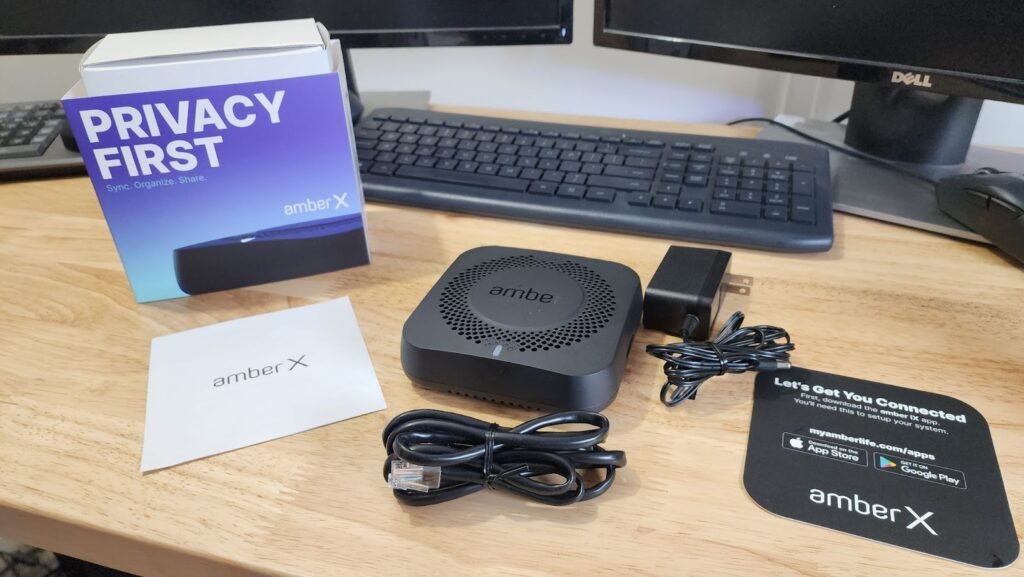The Chrome browser is very popular with users because it is the most stable and secure browser, in my opinion. However, this security comes at a price; it requires constant updates. The most recent example was when Google had to fix a significant vulnerability that allowed attackers to hijack your machine even after closing out all your tabs.
Recently, Google rolled out an emergency update that included fixes for two zero-day vulnerabilities that were being actively exploited in the wild
Zero-day means that the antivirus companies haven’t created a way to detect or keep you safe from that particular vulnerability.
According to a recent study, it’s estimated that 26.27% of active users are using outdated versions of Google Chrome. I know what you are thinking: “Wait, what? I have to update Chrome?” Yep. Any browser including Microsoft Edge, Firefox, Safari, Brave, etc., all need consistent updates to stop hackers from gaining access to your system. Updating Google Chrome on-going will be essential to ensure you are protected. Technically, many browsers are based on a version of Chrome, and they’re called “chromium-based browsers” (Microsoft Edge, Brave, Opera, etc.).
Google releases multiple updates every month to improve the security of Chrome.
So if you want to stay safe online, keep your browser updated. However, it’s important to recognize that browsers do not send notifications to remind you to update. Odd, but true. I check mine for updates at least once a week.
How do you update your browser?
To update most browsers, click on the hamburger menu or the three dots on the upper right side of the browser window.
Then select “About Chrome” or “About Edge” or “About ‘whatever your browser name is,'” and if updates are needed, they’ll start installing automatically.
Yes, this action does require a restart, but your browser will reopen any tabs that you had open at the time of the update.
Which browser should you use?
This question is often debated between my wife and me. I use Brave as it’s known to use less memory than Google Chrome. Some reports say up to 66% less, allowing your computer to run other programs in the background effortlessly. Brave is also known to beat out Google chrome in battery usage. Brave also works across all devices. The real benefit of using Brave is its automatic ad-blocking feature, which results in faster browsing speeds. Whereas Google Chrome automatically loads all the content on the webpage, content I don’t need to or want to see. My wife is faithful to Google Chrome as it’s a comfortable and familiar browser for her.
As with most of the technology we use, spend time reviewing features, then choose a browser that works best for your needs. Browsers like Firefox, Opera, Vivaldi, and Microsoft Edge all have useful features and easily sync across platforms. I am keeping an eye on DuckDuckGo, as it is a browser that doesn’t track you and has a feature that automatically elevates web connections to the highest security possible. Dale here, doing what I can to help all of us browse just a bit safer.








